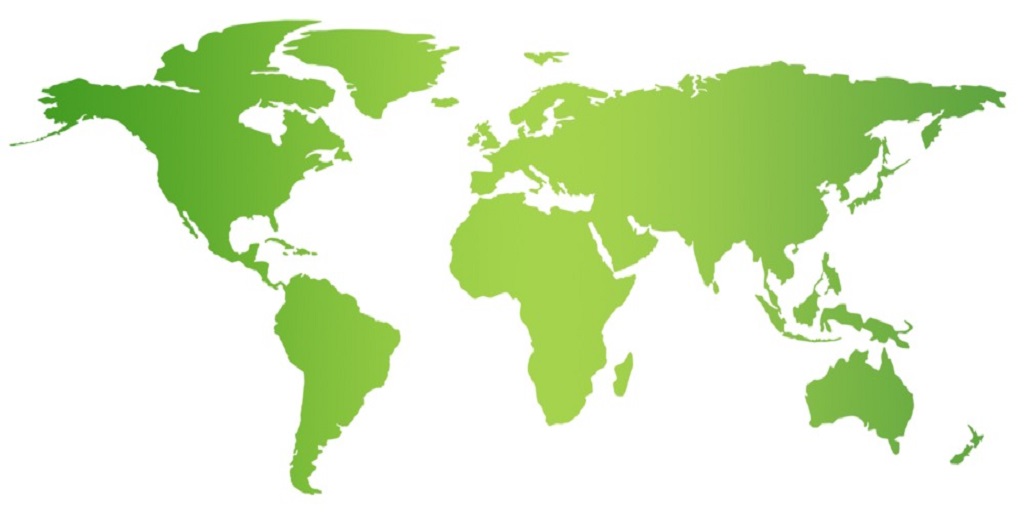World’s poorest countries get 8 yrs grace on IP rules
Negotiators have been locked in talks in Geneva discussing giving the poorest countries in the world an additional eight years in which to adhere to international intellectual property laws as set out by the WTO. These rules affect a whole raft of trademark, copyright and patent laws pertaining to reading material, technological products, drugs and films amongst other things.
With delegates lobbying for the last few months a draft agreement is now thought to have been reached and seems to embody a sound win for the worlds least developed countries. Although some NGO’s have commented that in theory the Least Developed Countries (LDC’s) should actually have pushed for more, as eight years is actually a relatively short amount of time and very little potentially will have changed in these countries within this time frame.
When and if they were no longer to have this exemption the countries would be liable under the agreement to lawsuits. As Paige McClanahan reporter for The Guardian states in her article “Poorest countries eye additional grace period on intellectual property rules“:
If LDCs were to lose their exemption, any of the countries that failed to comply with the Trips agreement would be open to lawsuits under the WTO’s dispute settlement system.
Richest countries dispute the extension
In stark contrast a small group of the world’s richest nations including those in the EU and the US were allegedly set against any further concessions to the LDC’s. After the Trips agreement was initially signed in 1995 the LDC’s were granted an additional ten years in which to adhere to the laws, this was then further extended in 2005 for an extra seven and a half years.
In particular, the US argued to add a “no rollback” clause which would have made it a legal requirement for the LDC’s to keep to new intellectual property regulations or laws that they may introduce. This clause has, allegedly, not been included within the current draft agreement and the LDC’s have managed to maintain a right to the full range of flexibility in their IP policies.
The negotiations have raised further questions though including how IP actually affects businesses in LDC’s as; arguably, they have limited exposure to products that require it. NGO’s have argued that the cost for setting up an IP initiative in a less developed country is untenable as with it comes the need for a whole new system of institutions, examiners along with the administration and HR to back this up. Opponents to the extension have voiced concerns that it is simply good practice for the LDC’s to comply and that it will ultimately be of benefit to them.
LDC’s gain support from big businesses
A group comprising of members such as Google, Facebook and Microsoft has backed the argument of the LDC’s. The CCIA – the Computer and Communications Industry Association argues that in fact there should be no specific deadline for the LDC to comply especially when people in those countries are trying to live on less than two dollars a day. There should be complete flexibility.
Glaxo Smithkline, the pharmaceutical giant has also entered the ring to offer its support of the LDC’s as have the Pharmaceutical lobby comprising of some of the largest names in the industry.
The importance of IP for businesses
The crux of these negotiations has been to understand the importance for all businesses to be able to protect themselves under intellectual property law both domestically and internationally. When the Trips agreement was signed in September 1995 it set out a range of features that all member parties of the WTO would comply with. One of the key benefits was the dispute settlement agreement that would allow members for different countries to settle any disagreements.
This may all sound like it only applies to the large-scale, corporate environment but examples of new businesses encountering problems are rife. When setting out, many new start-ups (unless perhaps they are looking to produce a new technology) will hesitate to address IP in their planning, many would consider it to be an additional, costly and ultimately not that essential in those early days.
Why do I need a copyright or patent on my new product?
Or if I have been granted permissions in my own country then that’s fine isn’t it? With some LDC’s such as Cambodia and Rwanda producing generic HIV drugs arguably this is an issue that for the sake of their businesses the LDC’s will need to confront longer term in order to protect themselves in the future.

